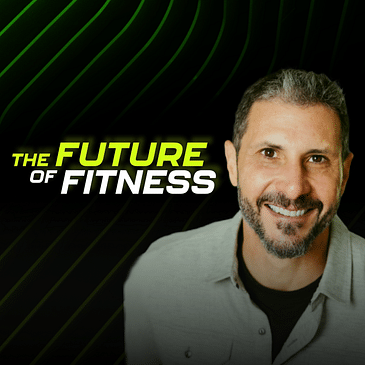In this episode, Eric welcomes Saeju Jeong, co-founder of Noom, to discuss the future of fitness and health. Saeju shares insights from his 18 years of experience leading Noom, a company dedicated to helping people live healthier lives through behavioral changes and technology. They delve into the importance of psychology in building healthy habits, Noom's innovative approach to weight loss using GLP-1 medications, and the potential of technology to make personalized health coaching accessible to all. Saeju also discusses the company's journey, their growth strategy, and the role of partnerships in the digital healthcare landscape. This comprehensive discussion offers a deep dive into the evolving digital health industry and Noom's mission to empower healthier living.
Episode Highligths:
- Diving into Noom's Journey
- Music and Entrepreneurship
- Noom's Mission and Vision
- User Experience and Psychology
- Behavior Change and Long Surveys
- Medical Weight Loss and GLP-1
- The Benefits of Technology in Healthcare
- Noom's Approach to Fitness and Weight Loss
- Telehealth and Scalability
- Challenges and Opportunities with GLP-1
- The Importance of Healthy Habits
- Noom's Market Position and Partnerships
- Future of Personalized Health and Technology
LINKS


